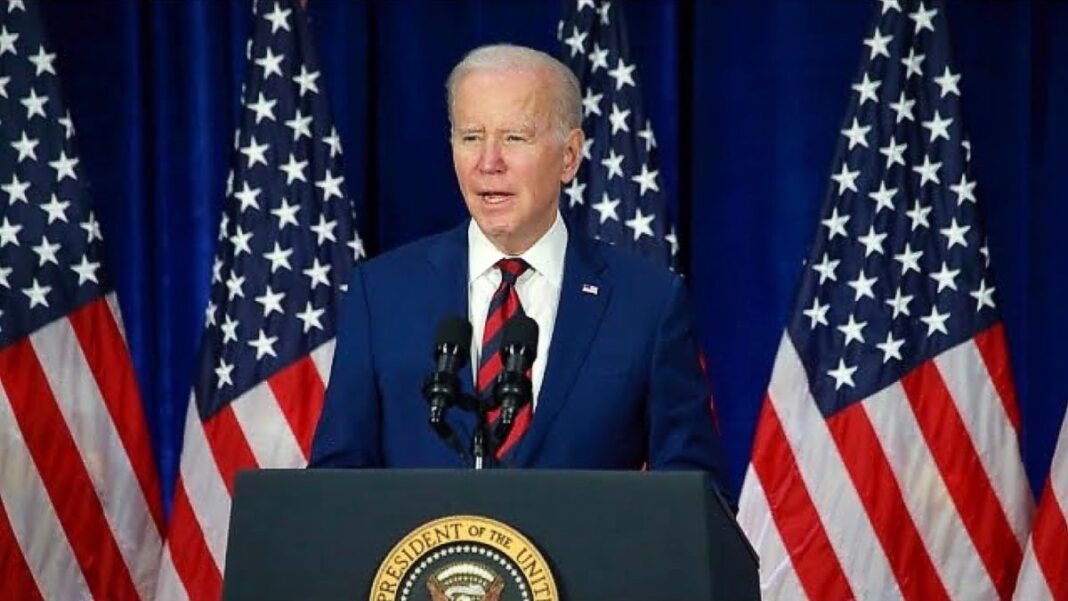Ford’s decision came amid reports that electric vehicles are piling up at dealers’ parking lots and more Americans are hesitant to buy electric vehicles.
Ford Motor Company will transfer some workers from the F-150 Lightning assembly line at Rouge Electric Vehicle Center to another plant for gas-powered vehicles.
“Approximately 1,400 employees will be impacted as the Rouge Electric Vehicle Center transitions to one shift effective April 1. Roughly 700 will transfer to Michigan Assembly Plant and the others will be placed in roles at the Rouge Complex or other facilities in Southeast Michigan, or take advantage of the Special Retirement Incentive Program agreed to in the 2023 Ford-UAW contract,” the company said Friday in a statement.
A third crew will be added to the Michigan Assembly Plant in Wayne with 900 new hires and 700 existing employees from the Rouge Complex in Dearborn.
The company made the move to “meet demand for the popular Bronco and Bronco Raptor and the all-new Ranger and Ranger Raptor.”
The crew at the Michigan Assembly Plant will work seven days a week on two shifts after the transition.
The auto giant said that they’re still confident in electric vehicle’s future “for specific consumers.”
“We are taking advantage of our manufacturing flexibility to offer customers choices while balancing our growth and profitability. Customers love the F-150 Lightning, America’s best-selling EV pickup,” Ford President and CEO Jim Farley said. “We see a bright future for electric vehicles for specific consumers, especially with our upcoming digitally advanced EVs and access to Tesla’s charging network beginning this quarter.”
Ford’s decision came amid reports that electric vehicles are piling up at dealers’ parking lots and more Americans are hesitant to buy electric vehicles.
Growth in the global electric-vehicle market is set to slow to 27.1 percent this year as a reduction in state subsidies makes the cars less appealing to buyers, according to research firm Canalys.
The lower subsidies and higher borrowing costs have weighed on demand at companies, including U.S. market leader Tesla, which slashed sticker prices last year.
By Allen Zhong






